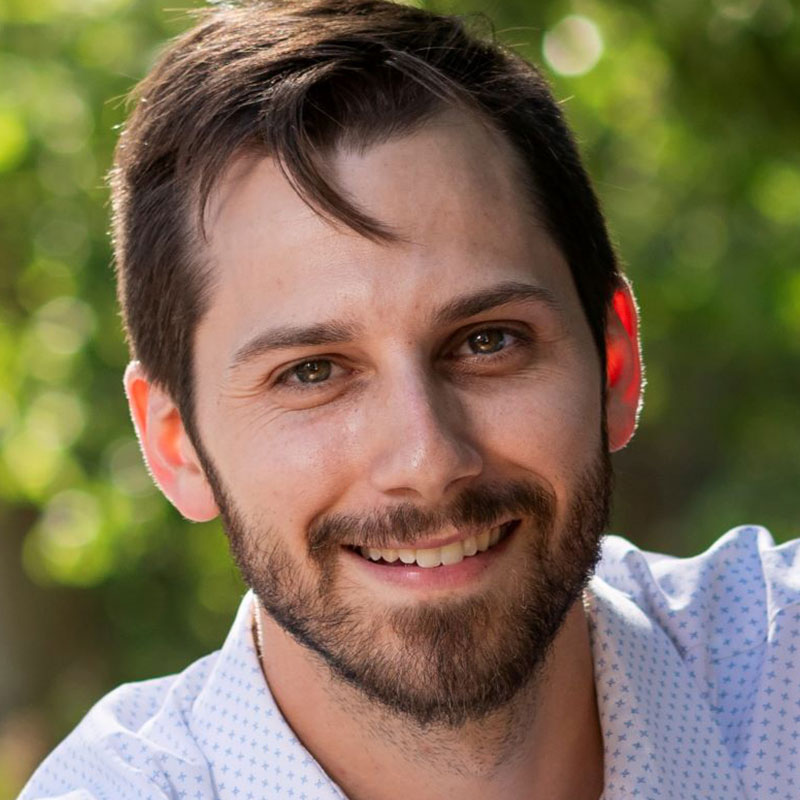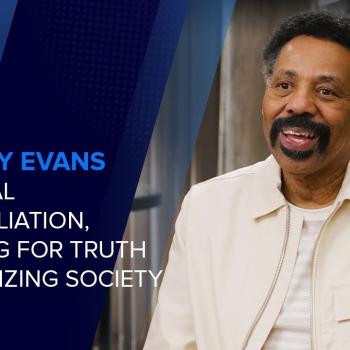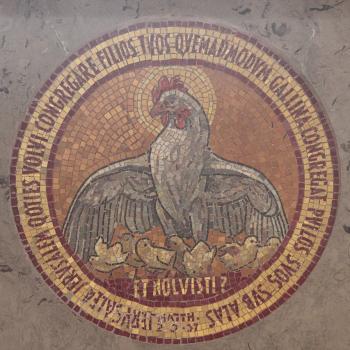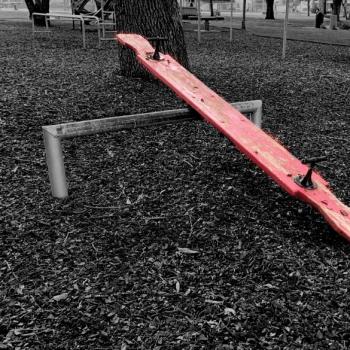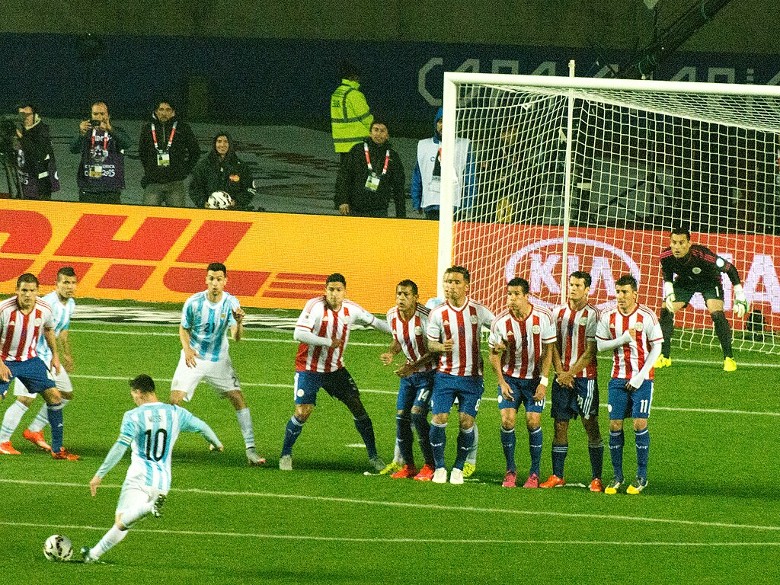
Lionel Messi’s arrival in the United States has been drawing a lot of new attention to soccer in America. Soccer is regularly referred to as the “the beautiful game”. Like other forms of beauty, the appeal of the sport is hard to explain. It is better observed. If I had to try to explain the beauty in soccer, it’d be simplicity, precision, and intentionality.
Intentionality is the Goal
Beauty in the Sport
An embarrassing own goal or open net counts just as much as every other score – one point; yet, why is a ball placed in the upper corner so much more satisfying? On paper they are the same. Quantitatively they’re equal, but qualitatively, the skilled goal seems better. These are the goals that show up in lists of “best goals” on Youtube.
The goals that take skill and precision are the ones you can watch over and over, yet it is still just a ball in a net. It is simple, yet beautiful when that ball is moving exactly the way the player intended when it left his foot.
Beauty in the Liturgy
I recently had the joy of seeing some friends from college become priests and deacons on their way to the priesthood.
In our free time at school, these men and I would play a lot of sports. Some of our favorites were ultimate frisbee, soccer, and some very intense rounds of ping pong. I knew these guys as athletes who were fast but precise in their actions.
It is that precision that I noticed in them at the altar. Watching my friend incense the altar at his first mass as a priest gave me a memory of that same guy placing a perfectly thrown frisbee. Seeing the deacon clean the chalice, ciborium, and patens with a purificator brought me back to watching him focus while preparing a spin serve with speed just barely over the net.
There is a beauty that we can see and admire in a priest who is intentionally praying the Eucharistic prayer. One priest I know intentionally had a massive crucifix hanging low in front of him while he said mass so that he could speak the words to God without distraction.
All of these actions had that one thing in common, intentionality.
Our faith is so physical every day. More than our the routine of sit-stand-kneel at mass, we physically receive the sacraments, make the sign of the cross, and genuflect. Even physical beads, or liturgy books can be our equipment to guide our prayer.
Intentionality in Practice
Intentionality as a Virtue
There is something about watching someone execute after they have trained for a long time. The muscle movements have been tweaked and repeated until they are just right and can be called upon at any moment. It is virtuous.
“‘Whatever is true, whatever is honorable, whatever is just, whatever is pure, whatever is lovely, whatever is gracious, if there is any excellence, if there is anything worthy of praise, think about these things.’
A virtue is an habitual and firm disposition to do the good. It allows the person not only to perform good acts, but to give the best of himself. The virtuous person tends toward the good with all his sensory and spiritual powers; he pursues the good and chooses it in concrete actions.
The goal of a virtuous life is to become like God.
– CCC 1803
Key words here are “good” and “habitual”. Good habits don’t form on accident usually. We are sadly inclined to many bad ones, but it takes practice to do good.
This practice gives one a freedom for doing what is right. Athletes need to have a discipline and awareness so that they can adjust every tiny movement in order to get the desired outcome. Just ask a serious golfer about their swing.
Intentionality in Self-Improvement
How can we take this intentionality and improve our lives?
The same concept applies to our moral life. We can train like the athletes do, so as to win the race (1 Corinthians 9:24).
Each time we examine our conscience at night or go to confession, we are practicing that awareness. At first we might be eliminating any major faults. Then we can hone in and be more precise. A golfer had to learn to hit the ball before he could learn to keep it in the fairway let alone place a ball on the green. At last, we hope for the perfect beauty of being able to place ourselves exactly where we want to be, in Heaven.
Ways to Improve
When striving for improvement, we cannot expect extraordinary results right away. It takes work.
To have the best odds of success we do things to learn and develop, like the following.
- Read books on the subject
- Watch the pros and study them
- Get interested in the history surrounding the thing (learn why)
- Learn the ins and outs (the rules of the thing)
- Pick up new terminology and words
- Practice intentionally, examine the results, adjust, and practice more
We do this as athletes, musicians, language learners or businessmen. Even immersing yourself into the culture of a thing is recommended if you want accelerated growth.
If we are willing to put this work into all other areas of our lives, are we willing to do the same for our faith?
- Spiritual reading
- Observing faithful people around us (and the Saints)
- Learn Church history, councils, and the Early Church Fathers
- Learn the commandments, vices, and virtues
- Have spiritual conversations
- Practice, examine, confess, and practice more
Let’s be intentional and live a life that is beautiful and exciting to watch!
For inspiration, here is my favorite goal by Lionel Messi.
Read more Formed by a Flame or Subscribe to the Newsletter!


